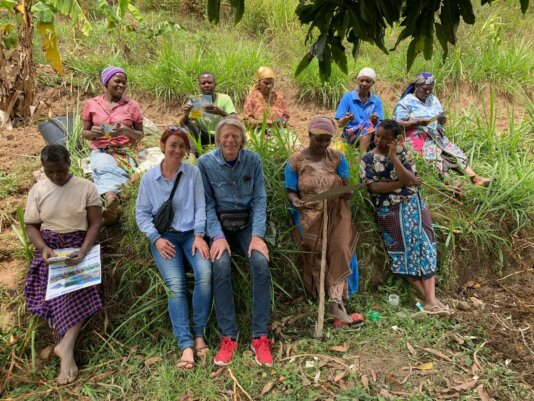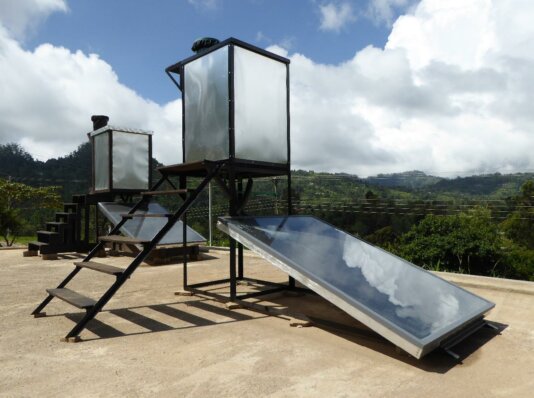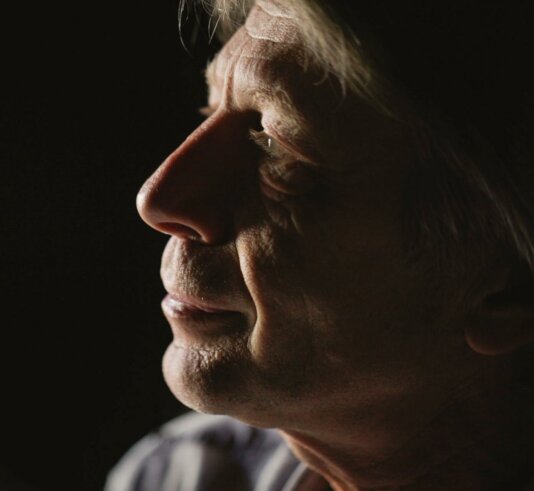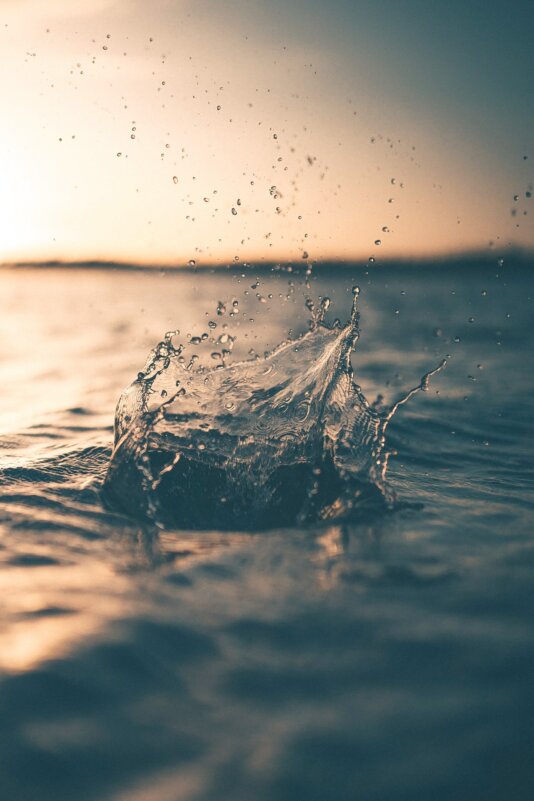- About
- Topics
- Picks
- Audio
- Story
- In-Depth
- Opinion
- News
- Donate
-
Signup for our newsletterOur Editors' Best Picks.Send
Read, Debate: Engage.
| May 24, 2022 | |
|---|---|
| topic: | Renewables |
| tags: | #Kenya, #renewable energy, #solar energy, #drought |
| located: | Kenya |
| by: | Frank Odenthal |
According to Klaus Haegler, SOFIs WORLD's founder, the NGO providies holistic concepts with respect to global, economic and ecological contexts with a strong regional focus. Its acronym - SOFI - he says, stands for Social Finance.
FairPlanet spoke to Haegler about SOFIs WORLD, its recent developments and future plans.
FairPlanet: Tell us about the type of work SOFI's WORLD is doing.
Klaus Haegler: SOFIs WORLD is a foundation that is mainly involved in the field of renewable energies in East Africa - mainly in South Coast Province in Kenya, but we‘ve also had contacts to projects in Uganda and Tanzania.
We take care of regenerative energies in a local setting. It‘s mainly biogas, but also solar water heaters, with systems that we developed ourselves in 2015 from materials that are available regionally and are deliberately designed in low-tech so that every part that breaks can be repaired with regional spare parts.
So the devices you use to generate energy are built locally?
Yes. For example, solar collectors with copper snakes, absorbers, glass plates with a fixed frame, connected to a tank that we install ourselves, which is insulated and provided with another protective cover, and also the complete substructure. And we get all the materials from inside Kenya.
What is the history of SOFIs WORLD? When did the project start?
I have a godchild in Ethiopia and during a visit there I was impressed by the good work the aid organisation Plan International is doing. Upon my return, I struck up a conversation with a friend, Quirin Walter, who had just returned from volunteering in Kenya. He told me he had a whole project drawn up but no one to fund it. So we decided that I would take care of the money and he would take care of the project.
In 2010, I founded the SOFIs WORLD foundation and in 2011 we built the first biogas plants in Kenya as demonstration plants. We invited the farmers to several information events that we held on site and convinced them of our concept. After a short time we were able to form partnerships with two larger national, semi-governmental organisations - one was financed from the Netherlands, the other from Denmark - who took on almost half the costs for each biogas plant, so that the farmers could actually get a complete biogas plant for only 400-500 euros .
In the first three years of production, we were able to install 280 systems, meanwhile we have around 600 systems. After the project came to an end, we were able to build another 320 systems over the next eight years.
For now, we are no longer involved in that business because there are currently well trained local specialists who can conclude the contracts themselves and carry out the construction projects on their own. We currently have 20 employees ourselves, but this number varies greatly depending on how many orders we have taken on.
"We get all the materials from inside Kenya"
How did you initially get in touch with the local Kenyan farmers?
Quirin Walter organised this very successfully. We invited the people in the villages for tea and sweets and presented our ideas in groups of 30-40 people. It went so well that we already received a few orders at these events.
Why is biogas particularly suitable in Kenya?
Put simply, we make gold out of feces. Biogas is mainly produced from cow dung, which not only gives you biogas for free, but is also an excellent fertilizer. You can even mix it with concentrated feed and give it to the cows again as fodder because it contains so much protein.
And biogas is an excellent fuel. In many huts in Kenya firewood is still used for cooking. Around four million people die every year worldwide from smoke inhalation. Biogas is better there because it burns with almost no pollutants.
How did SOFIs WORLD grow from there?
In 2015, we developed a solar water heater with German students and environmental engineers, and then started the IRUWA project in 2016. IRUWA means sun in the local language. Together with the German Ministry for Development Aid, we bought a plot of land in the provincial capital of Wundanyi, built a workshop, trained people, and we have been building solar water heaters there ever since.
In addition, in 2018 we opened our own marketing office. And right behind it we have now built a demonstration house where our systems are being presented to the public. Here we invite people who are interested in our systems to our information events. We are currently presenting our new Sistema plastic biogas plant there, which is a lot cheaper than the previous fixed dome plant.
Since 2018, we have also had photovoltaic systems and solar pumps in our repertoire. Such systems are of particular interest to farmers who need to use ground or river water. The small solar pump systems start with about €300, but we also manage to pump up groundwater from a depth of up to 200 meters. There is, of course, the danger that the large farmer who can afford such a pump will at some point suck the water from the neighbouring small farmers, who can only reach down 50 meters with their pumps.
With the solar pumps we have also introduced systems for drip irrigation in the fields, a very economical form of irrigation that prevents much of the water from evaporating before it even reaches the ground.
Another important aspect of your work seems to be the vocational training of the local population.
That's correct. We inform the population in meetings, give lectures in schools and universities and, of course, we train people to manufacture and install our systems. We are currently offering a two-year apprenticeship that includes all the manual activities that we need for our plant construction like welding, carpentry, plumbing, electrical installation work, etc. We also work with a local vocational college, some of whose graduates have started working in our workshop.
"We also have photovoltaic systems and solar pumps in our repertoire"
How is SOFIs WORLD financed?
I do fundraising in Germany. It started relatively small, we had earned around 15,000 to 30,000 euros a year. Then in 2016 there was a big project in cooperation with BMZ, the German development ministry, which had a budget of 66,000 euros, of which 50,000 euros was provided directly by BMZ.
At the moment we have an annual donation volume of around 30,000 to 40,000 euros.
How has the interaction with the Kenyan authorities been?
It went well, but without any result. In fact, corruption is a very serious problem in Kenya. It could be a very rich country that could well support its population of over 50 million even in times of drought.
But corruption in the country is rife, and many communities are vulnerable to the oncoming climate catastrophe. The periods of drought that normally last around 2 ½ months in Eastern Africa are now lasting four months. There is no more time to let the corn, the staple food, ripen; at best you can still feed it to the cows, which would otherwise die of thirst in the pasture.
What‘s next for SOFIs WORLD?
Our customers are no longer just farmers, but also organisations. Only recently we received an order from a craft academy for the largest plastic biogas plant that we have ever installed. It holds around 30 cubic meters. This is a major project that we started with a Rotary club, which will last over two years and will cost 60,000 euros.
The aim is to convert the craftsman training center Tati Academy completely to CO2-neutral energy sources. For this purpose, solar water heaters are being installed, many solar PV-systems and this large biogas plant. There is also a chicken breeding station with photovoltaic systems and a borehole pump. With photovoltaics, we are also gaining independence from the Kenyan power grid, which is prone to power failures.
And at the moment we are developing drying systems on a solar basis, which people could use to dry fruit in order to eat it later or sell it.
"We try to gain independence from the Kenyan power grid"
In addition to the energy supply, SOFIs WORLD also carries out water treatment projects. How do these work exactly?
It was more of a side project at first, telling people it might make sense to install rainwater gathering systems on their homes. However, with the extension of the drought periods, this is becoming more and more of a major project.
For example, we are running a project west of Nairobi with 50 Maasai women. These women used to have to walk 3-4 hours a day to carry their 20 liter water canisters from public wells back home to their 3-8 children. We are now building them gutters and tanks that holds 1,000 to 5,000 liters of water. This project is funded 100 percent by donations because the women do not have the financial means to participate.
Klaus Haegler is the founder of SOFIs WORLD. Born in Munich, Germany, he ran a printing company for thirty years.
Image by Klaus Haegler



By copying the embed code below, you agree to adhere to our republishing guidelines.
